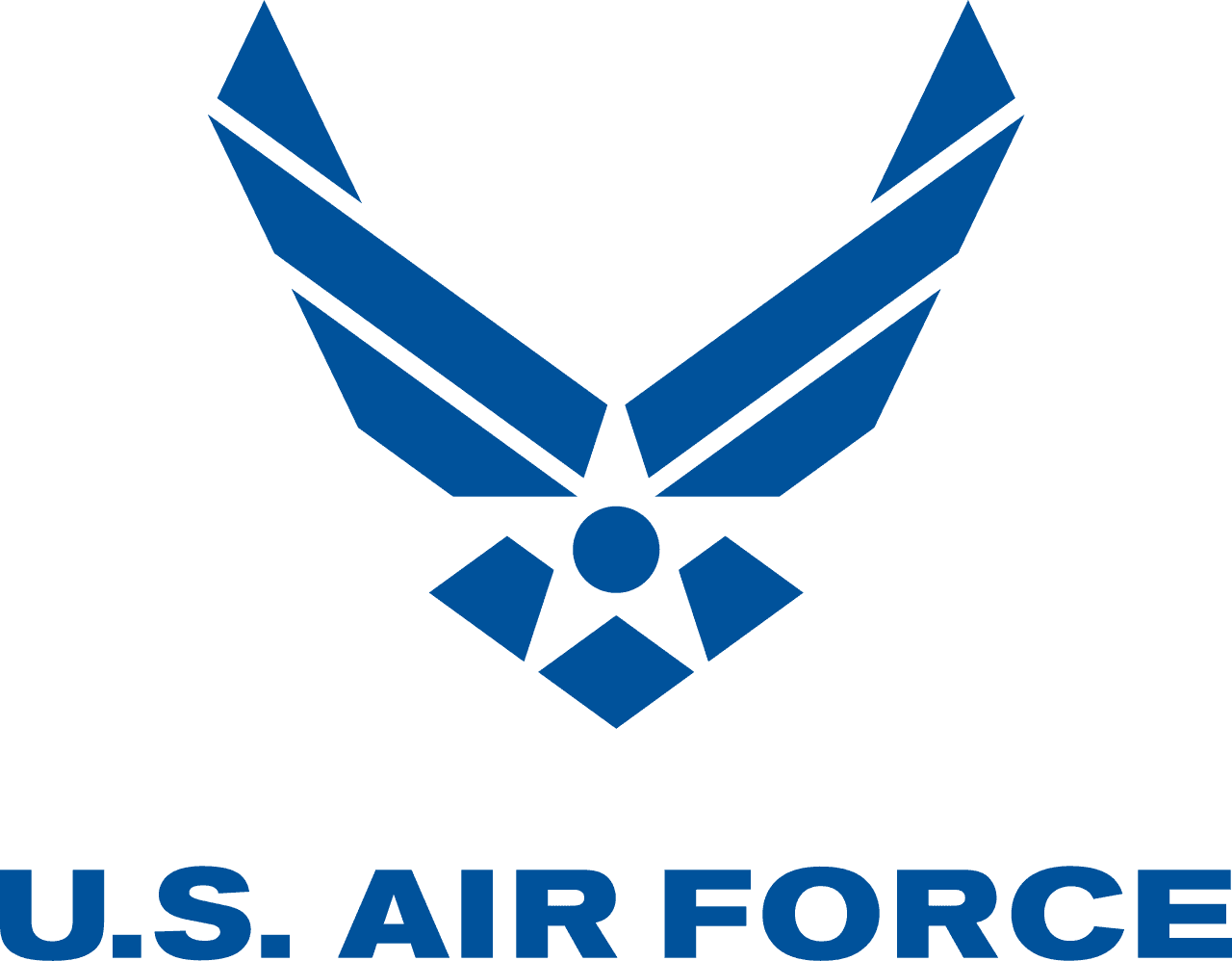Military Investigations Specialists
Overview
What are the responsibilities of this role?
Investigations specialists are primarily responsible for investigating any criminal allegations and offenses that threaten the safety of military personnel, property, resources, or facilities. Specialties may include narcotics, economic crimes, cyber crimes,armed robbery, and death, among others.
What is the work environment like?
Investigative specialists in the military work both indoors and outdoors depending on their assignment. They may work outdoors while conducting investigations or patrolling facilities.
How many people have this role in the Military?
2,166
Compensation
Understanding How Military Pay is More Than Just a Salary
Base pay is the standard income you’ll earn as a service member, providing a stable foundation to start achieving your financial goals.
- Always fixed based on rank and service time.
- Distributed monthly.
What is the typical salary range?
N/A
N/A
N/A
Military Details
What Service Branches offer this role?
Is this a staff or leadership role?
What does the training for this role entail?
All enlisted service members complete basic military training, which includes time spent in a classroom and in the field, and covers tactical and survival skills, physical training, military life and customs, and weapons training. Investigative specialists in the Military will gain skills through classroom study and on-the-job experience. Job-specific training may include:
- Military/civil laws and jurisdiction
- Investigation and evidence collection procedures and techniques
- Arrest and physical restraint techniques
- Self-defense and use of firearms
- Crime scene processing
- Interpersonal communications skills
- Search/restraint and custody/control procedures
- Crime prevention
Education
What level of education do professionals in this role have?
Which college majors best prepare you for this role?
- Finance, General
- Financial Mathematics
- Non-Profit/Public/Organizational Management
- Religious Institution Administration and Management
Learn About How Military Can Pay for 100% of your College Degree
Skills and Interests
What knowledge is essential to bring to the table?
- Economics and Accounting
- English Language
- Customer and Personal Service
- Computers and Electronics
- Education and Training
What personality traits help people thrive in this role?
You like structure, staying organized, and working with systems to get things done efficiently.
You love taking risks in business or personal projects — and have the leadership skills to back it up.
You love figuring out how things work and researching subjects that interest you.
RIASEC represents six broad interest areas—Realistic, Investigative, Artistic, Social, Enterprising and Conventional—helping individuals identify careers that match their skills and preferences.
Take the RIASEC TestData supplied by Bureau of Labor Statistics, National Center of Education Statistics, Defense Manpower Data Center (View our update schedule). Contact any business, college or military service branch to answer additional questions.




